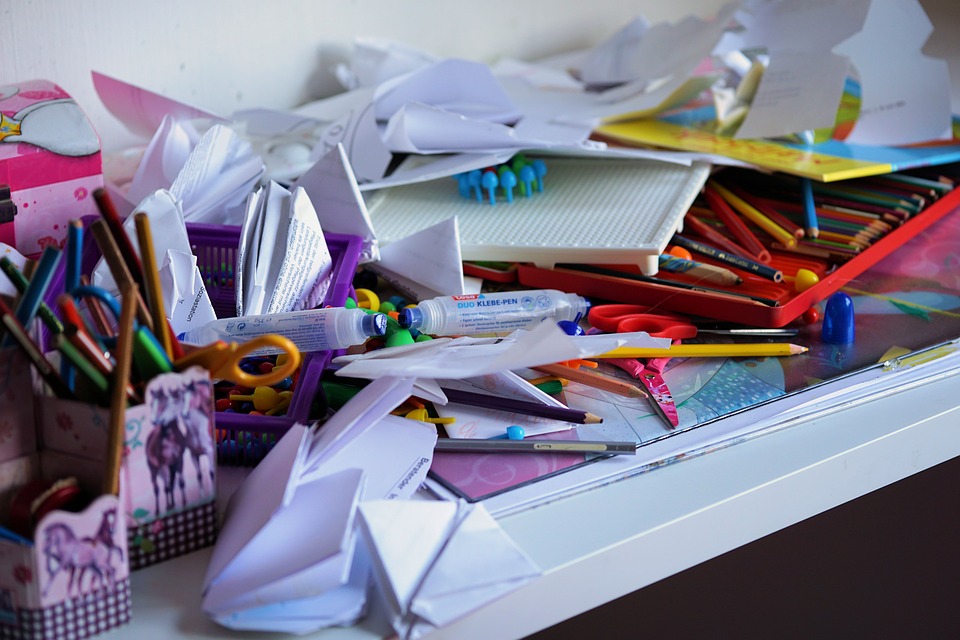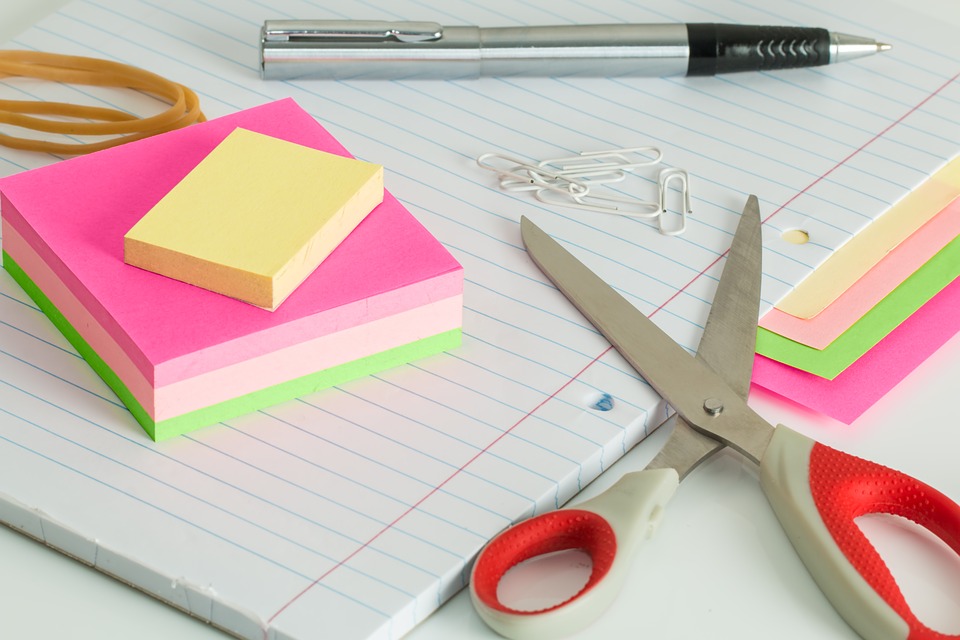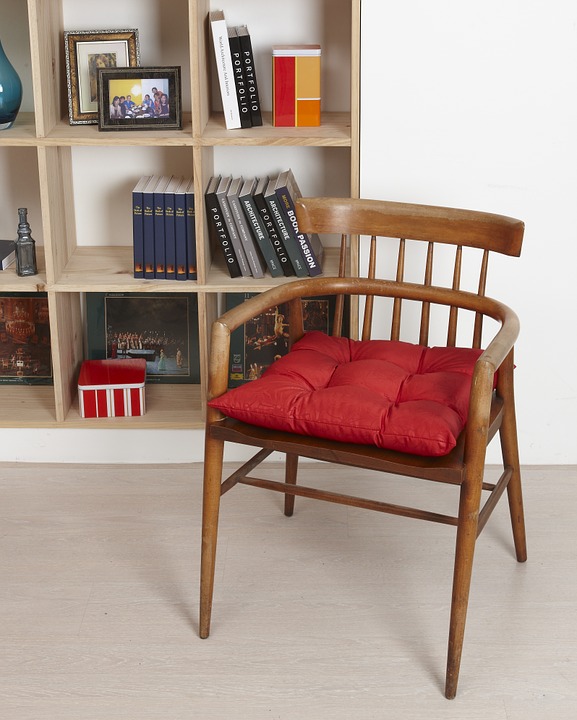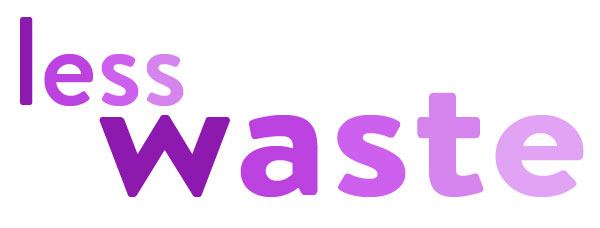
An annoying person once said something about judging the character of a person by the cleanliness of their car. Well that’s a load a rubbish… isn’t it? Does the state of our personal spaces, homes, gardens, handbags reflect on the contents of our minds?
Erm, you may not like the answer… feel free to skip to the free download at the end if you’d rather not know!
There is both scientific research and anecdotal evidence that we feel more stressed when our environment is unclear. This do
es not mean that we all have to live in empty white rooms (I personally would find that very stressful!) however, it does mean that we need to be in control of our living space as much as possible, and by directing what happens rather than being at the mercy of the ‘piles’ around us.

This idea includes us considering:
*How physically safe we feel at home
*Knowing where things are when we need them
*Sharing spaces fairly with others so no one person dominates
*Enjoying our surroundings, the colours, shapes and content
*Feeling relaxed in our space – our sanctuary
*Being able to function and achieve daily living needs
*Being able to keep ourselves healthy in body and spirit
That all sounds a bit heavy – but we can often reflect our internal challenges by how we treat our external spaces and vice versa; our external spaces can have an impact on our internal messages. When we don’t have command of the space around us, when it begins to become stressful or unsafe this had a dramatic effect on our wellbeing.
The challenge therefore is to think of ways in which was can wrestle back the positive associations that our environment should support. Not everyone has control over their living space, either in where you live, or the condition and maintenance of the space. This adds an extra layer of complexity but doesn’t mean you can’t take some measures to decide the items that come into that space, or perhaps can work around the things you cannot change.

There are some common ‘stressful’ triggers that are well worth tackling first:
Where you sleep should be free from electronics as much as possible, and be a quiet and calm space. You need to rest, relax and allow your body and mind to recouperate here – the physical surroundings will have an impact in how successful this is. Try to keep where you sleep just for that purpose – not also an office, ironing pile or gaming station all of which are stimulating and may be on your mind while you try to rest.
Keeping on top of paperwork, especially financial matters. Piles of bills, unopened letters and ‘to do’ piles are not conducive to relaxation. It can be very worthwhile to take time to create a system that works for you, to take control of the paperwork – that might just be an old cereal box that all the post goes into each day, and you sort it out on a Saturday morning.
Overloads of ‘stuff’. If you can’t sit down without moving items out of the way, then you may need to assess if you have too many items for the space available. You could decide to put some items into storage and then have a regular ‘swapping’ session where you get to change things around. You could have a bit of cull of things you have but don’t really want. If you absolutely need everything then you will have to find more creative and useful ways to manage them, maybe extra shelving or a coffee table that is actually a box. There are a million ways to help to gently sort out what you want to keep and what you are happy to say goodbye to on this site!
Not being able to find things you need. This can be solved by having zones or even colour coding your space so that you know, for example, that keys are all kept in one drawer. You do need to have everyone on board for this, so that there is consistency in these specific items in specific places. It can be very useful to have an area near the main door for coats, shoes, umbrellas and a box or basket for keys, bags etc. It can also be useful to have a ‘command centre’ somewhere with things you need regularly, or shopping lists, important documents and maybe a notice board or pin board for vouchers, notes and other useful things. One really crucial thing to consider is whether it would be helpful for there to be a secure list somewhere with all your important information, log-ons, financial details, address and email lists all that sort of thing. If you’re really going to town these valuable items could be in a fireproof, locked box or electronic copies on a USB or cloud (or both…).

In case all that is a bit too much to think about in one post… here is a freebie I thought you might like, it’s a daily planner for when you might need to plan ahead when trying to get a grip on your stuff.
Click here to get your free planner
